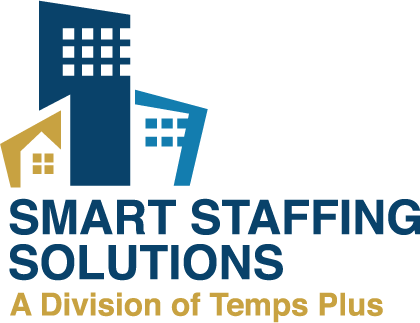Long hours, deadlines, meetings, and the constant hustle of the workplace can take a toll on your health and productivity. However, with the right strategies and mindset, it’s possible to strike a balance and minimize workplace stress.
According to the American Institute of Stress, 83% of U.S. workers report they suffer from work-related stress, and 76% report workplace stress impacts their personal relationships. It is obvious from these statistics that reducing stress should be a priority for both employees and their employers.
The same study showed that the main causes of stress at work are workload, interpersonal relationships, juggling work and personal life, and worries about job security.
Make Yourself a Priority
Reaching a healthy work-life balance and managing your stress levels begins with taking care of yourself. Make self-care a priority. This includes:
- Getting enough sleep
- Maintaining a balanced diet
- Exercising regularly
- Practicing relaxation techniques
- Taking time to pursue hobbies
Don’t Be Afraid to Unplug
Unplugging from the digital world is crucial for reducing stress. Our lives are in a constant state of connectivity. With nonstop notifications popping up, it can seem like there are emails and messages that demand your attention around the clock. By intentionally disconnecting from screens and devices, you can allow yourself the opportunity to recharge, both mentally and emotionally. The break from the digital onslaught enables you to be more present in your personal life and use your time at work more effectively. Unplugging is a powerful reminder that our well-being shouldn’t be compromised for the sake of productivity, and it serves as a vital step toward achieving a healthier work-life balance.
Evaluate Your Work Environment
Take some time and assess your work environment and identify stressors. Is there excessive noise, a lack of organization, or an overwhelming workload? If so, address these issues with your manager to find solutions that promote an environment conducive to working productively with less stress.
Learn to Say No
It can be hard to decline additional work assignments or commitments, fearing it might harm your career. However, learning to say no when you’re already overwhelmed is critical to maintaining your well-being. Politely express your limitations and offer alternatives or suggest a more reasonable timeline. You can’t expect yourself to be a superhero all the time and to maintain manageable levels of stress.
Set Boundaries
Establish clear boundaries between work and personal life by setting specific work hours. When you’re off the clock, disconnect from work-related notifications. Discuss your manager’s expectations and communicate your boundaries to your colleagues. Make sure they respect your personal time, and you do the same for them.
Manage Your Time
Effective time management is an important part of reducing stress. Organize your tasks by priority and allocate time blocks for each. Utilize tools like calendars and to-do lists to stay organized and ensure you are using your time efficiently. Avoid multitasking, as it can increase stress and decrease productivity. The key is to work smarter, not harder.
If you need help hiring the most qualified staff for your business to reduce your own stress levels, Smart Staffing Solutions can help. Contact us today to learn more.

